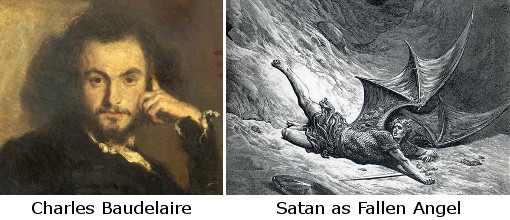Ingrid Bergman? Alfred Hitchcock? Stephen King? Stefan Kanfer? Apocryphal?
Question for Quote Investigator: I once heard a remarkably apt description of a director who created horror films:
That auteur is a farmer who raises gooseflesh.
Gooseflesh is also referred to as goose bumps or horripilation. Would you please tell me the name of the director and the name of the quipster?
Reply from Quote Investigator: In March 1979 Alfred Hitchcock received the Lifetime Achievement Award of the American Film Institute (AFI). The acclaimed actress Ingrid Bergman who starred in three films with Hitchcock: Notorious, Spellbound, and Under Capricorn was the host of the ceremony. A segment from her introductory speech has been uploaded to YouTube, and it shows her delivering the line although it is possible that the AFI hired someone to help her prepare. Emphasis added to excerpts by QI:1
Congratulations to the American Film Institute who tonight acknowledged what our audiences have known for 50 years that Alfred Hitchcock is an adorable genius.
Dear Hitch, I’ve come all the way from London, from your home town, to give you my love and affection. One might say that Hitchcock is a gentleman farmer who raises gooseflesh.
Enigmatically, a reporter for the Associated Press who covered the event presented a slightly different quotation:2
“Hitch is a gentleman farmer who raises gooseflesh,” said Ingrid Bergman, mistress of ceremonies for the program, which will be telecast March 12 on C.B.S.
Although ailing with arthritis, Hitchcock was able to walk to the table of honor on his own, amid a standing ovation.
Bergman did use the phrase “Dear Hitch” in her speech, but she clearly enunciated “Hitchcock” as part of the quotation. Perhaps the reporter employed an inaccurate transcript.
Below are additional selected citations in chronological order.
Continue reading “Quote Origin: Hitchcock Is a Gentleman Farmer Who Raises Gooseflesh”